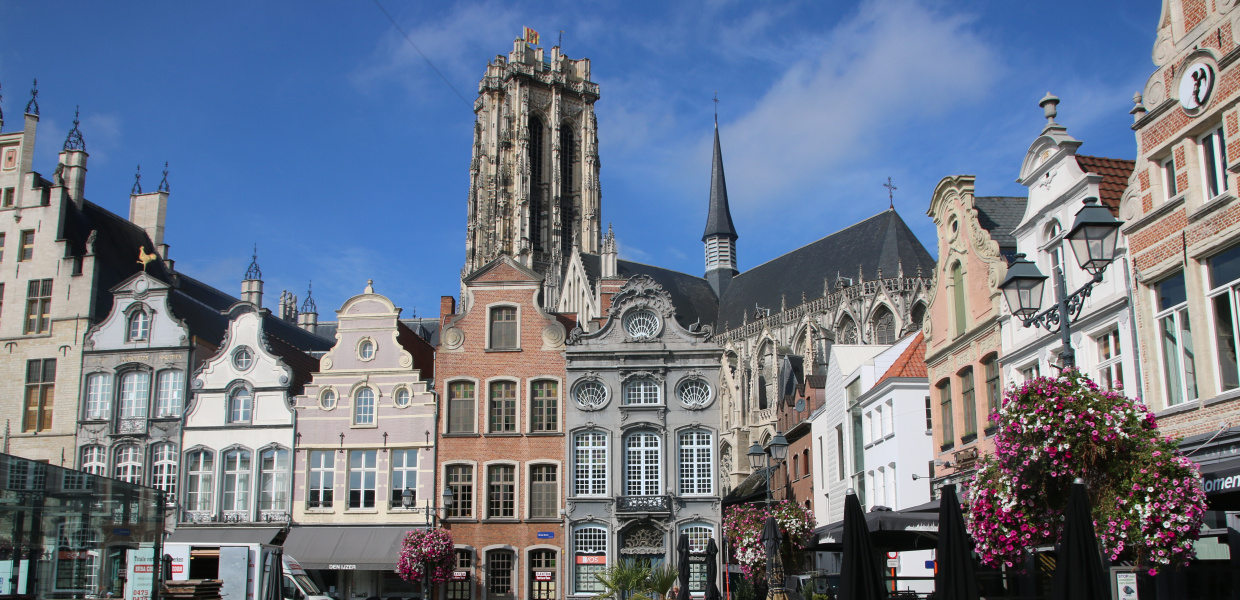Building relationships through shared activities
When two participants hit it off, they can start exploring the city together and sharing leisure activities. The project provides both with a starter pack that includes recommendations and vouchers for various activities such as museum tickets, though the decision as to what to do is left entirely up to the participants themselves. Some meet to cook a meal together, others meet with their children at the playground in a park. The project suggests that participants meet twice monthly and that they interact in Dutch so that the newcomers can develop their Dutch language skills.
During these first six months, the project provides each participant a contact person to answer any questions or to help address problems, explains Katrien Vleugels. Two group activities for all participants are also organized during this period and are designed to allow everyone the opportunity to share their experience. A Facebook group also helps foster networking opportunities and ongoing contact with each other. At the end of each six-month period, the project hosts an event in which all participants are given a certificate honoring their participation in Samen Inburgeren.
Once the six months have come to an end, it’s up to the participants themselves to continue their newly acquired friendship. Ideally, genuine ties have been built over the initial period that no longer require the project’s support. Erwin Wauters and Lamine Sambou are a good example of how effective this approach can be. Their friendship has been sustained over several years and they’re shared activities are no longer limited to Mechelen. In fact, Erwin traveled in December 2016 with Lamine to his country of origin, Senegal, where he could gain first-hand familiarity with his friend’s cultural roots.
